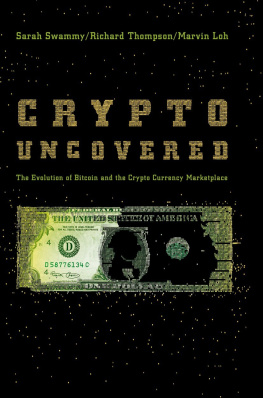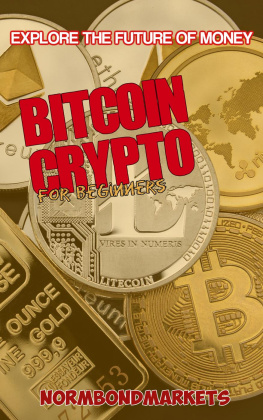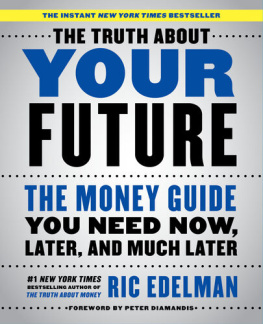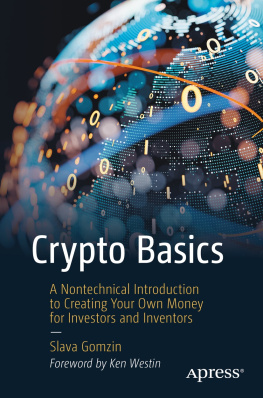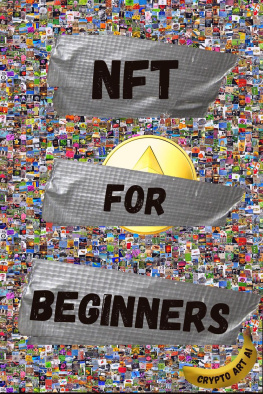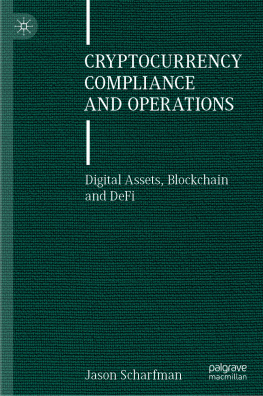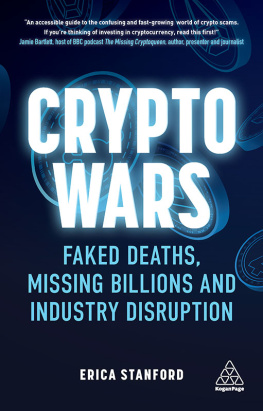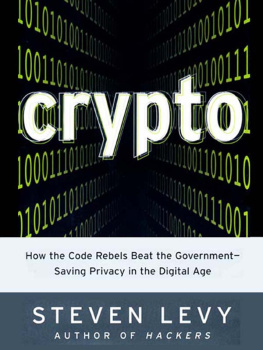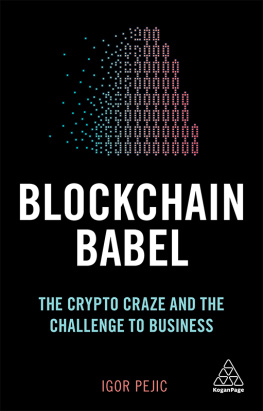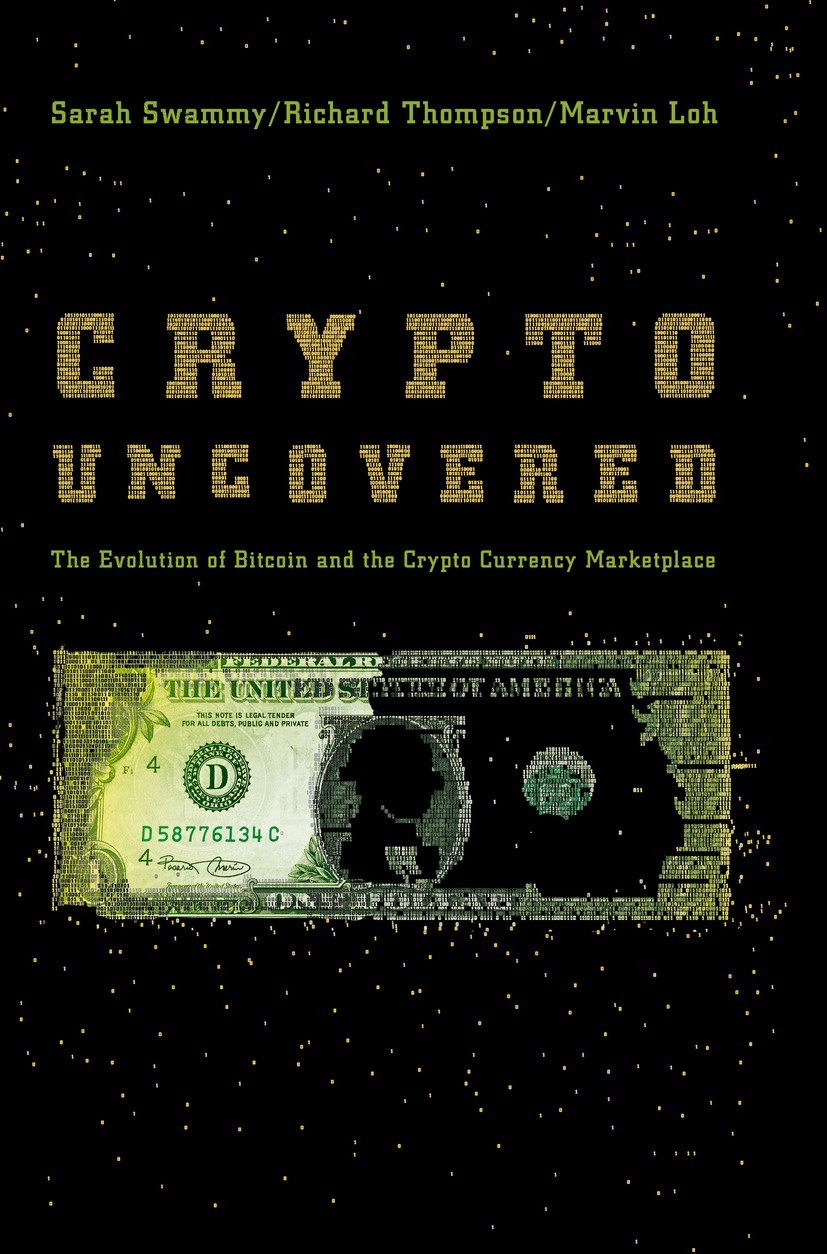Sarah Swammy
State Street Global Market, LLC, New York, NY, USA
Richard Thompson
Digital Air Technologies, New York, NY, USA
Marvin Loh
Bank of New York Mellon, New York, NY, USA
ISBN 978-3-030-00134-6 e-ISBN 978-3-030-00135-3
https://doi.org/10.1007/978-3-030-00135-3
Library of Congress Control Number: 2018961381
The Editor(s) (if applicable) and The Author(s), under exclusive licence to Springer Nature Switzerland AG 2018
This work is subject to copyright. All rights are solely and exclusively licensed by the Publisher, whether the whole or part of the material is concerned, specifically the rights of translation, reprinting, reuse of illustrations, recitation, broadcasting, reproduction on microfilms or in any other physical way, and transmission or information storage and retrieval, electronic adaptation, computer software, or by similar or dissimilar methodology now known or hereafter developed.
The use of general descriptive names, registered names, trademarks, service marks, etc. in this publication does not imply, even in the absence of a specific statement, that such names are exempt from the relevant protective laws and regulations and therefore free for general use.
The publisher, the authors and the editors are safe to assume that the advice and information in this book are believed to be true and accurate at the date of publication. Neither the publisher nor the authors or the editors give a warranty, express or implied, with respect to the material contained herein or for any errors or omissions that may have been made. The publisher remains neutral with regard to jurisdictional claims in published maps and institutional affiliations.
Cover illustrations: Westend61 / Getty Images
Cover design by Tjaa Krivec
This Palgrave Macmillan imprint is published by the registered company Springer Nature Switzerland AG
The registered company address is: Gewerbestrasse 11, 6330 Cham, Switzerland
Foreword
Sovereign fiat currency may one day be considered pocket change and what is todays crypto currency may become the basis for tomorrows sovereign digital currency. Regardless of how soon this happens, one thing is certain: blockchain is the technology that will provide the ubiquitous digital portal through which all financial transactions will occur. While the markets in crypto currencies have been roiled by huge swings in recent valuations and while there are clear and present dangers for investors in these currencies, this underlying technology and the driving forces for the emergence of stable digital currencies are here.
Many people think of crypto currency versus canonical fiat currency. But, this comparison misses a crucial point about the latter, which is that most of our money and our transactions are fully electronic already. When was the last time you went to the bank to check on your money in their vault? So, it will not be as huge a jump as some may think for consumers and governments to move from where they are today with electronic finance to purely digital currencies. Having a digital currency become a nations sovereign currency and disintermediated by way of blockchain technology is very intriguing. Do we really need a bank between us and our money in the not too distant future? Crypto currencies may have a long road to travel if they are to ever replace the dollar or the euro but the transition to nationally denominated, sovereign digital currencies that are open, honest, and unconcealed, but secured by blockchain may happen sooner than many suggest or expect.
We are already seeing enormous investment in this new digital currency among the biggest and oldest financial institutions in the US. In July 2018, Forbes reported that Northern Trust has begun to integrate crypto currencies into several areas of business to create and more efficiently manage tradable digital assets.
You can take anything today. You can take movie rights, you can take all sorts of entities, and you can create a token for those, Pete Cherecwich, president of Northern Trusts corporate and institutional services, told Forbes . We have to be able to figure out how to hold those tokens, value those tokens, do those things.
Although Jamie Dimon, CEO of JP Morgan Chase, has professed no interest in crypto currencies, they are now attracting greater attention from many other traditional financial institutions and investors. In fact, KPMG reported in August 2018 that US investment in blockchain during the first six months exceeded all of 2017. The reason? Blockchain is no longer an experiment in crypto currency; it is the real deal with the potential to revolutionize the financial sector. But, just as assuredly, as digital currency gains momentum, we will see increased regulatory oversight from governments that seek to prevent market manipulation, reduce fraud, and minimize risk. China is a notable example of one nation that has recently and systematically cracked down on crypto currencies.
However, China is at the same time pushing forward with the underlying technology behind crypto currencies; the Chinese Ministry of Industry and Information Technology is looking to advance its adoption of blockchain to optimize its own financial industry and other sectors such as supply chain management. This is the Jamie Dimon approach and that of many financial institutions in the US and Europe, which is exemplified by a great interest in the underlying blockchain technology that fuels crypto currencies, while remaining skeptical about Bitcoin, Ethereum, Ripple, and other digital currencies themselves. Significantly, at the time of this writing, the Chinese Communist Party just announced that through its Peoples Daily Publishing House it has made available a book entitled BlockchainA Guide for Officials , which is a primer on distributed ledger technology. This follows closely on the heels of an announcement by the Bank of China to invest more than 1% of its annual revenue in blockchain and other financial technologies.
Regardless of where the major players stand, one thing is clear: through crypto currencies, we are witnessing the promise of blockchain unfold in real timethe idea of massively distributed authentication and recordkeeping without the intermediary is incredibly disruptive in prospect. All of this may lead to financial ecosystems that are safer, more privatized, and more efficient.
The potential for blockchain to disrupt our world goes well beyond crypto currency, banking, and finance. It could come to the rescue of faulty science by authenticating and certifying published research data that surpasses peer review. In doing so, the scientific community could reduce errors (it is estimated that over two-thirds of experiments are unable to be replicated by other scientists). As blockchain becomes more widely accepted as a first-rate credibility standard, researchers could post results online directly, thus enabling the scientific community to share information more quickly and more accurately.
The possibilities are unceasing: in higher education, blockchain can assess a persons competency by certifying skills, experience, and knowledge to future employers; in medicine, it can help reduce health care costs; and among government agencies, it may help reduce waste and overexpenditures.

